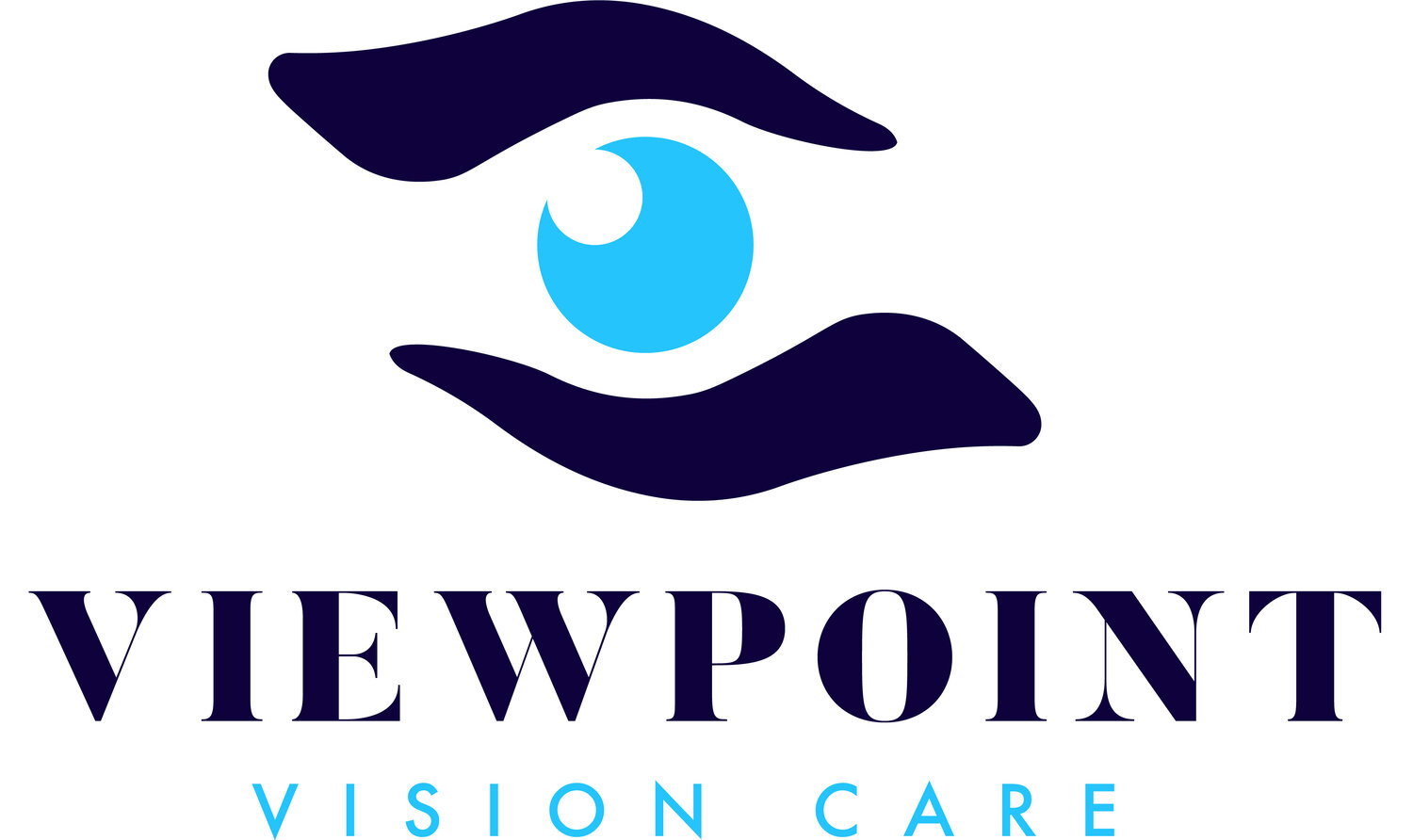Summer Eye Health Myths Busted: What Seniors Really Need to Know
When we think of summer, we often picture beach days, barbecues, and warm sunshine. But for older adults—especially those living in retirement or long-term care homes—summer also brings unique risks to eye health that are too often overlooked or misunderstood. At Viewpoint Vision Care, we bring mobile eye exams directly to residents in care communities, and during the warmer months, we frequently encounter concerns that stem from common summer eye health myths.
Let’s bust these myths wide open and share what seniors and caregivers really need to know to protect vision all summer long.
Myth #1: “You Only Need Sunglasses If You’re Outside”
The truth: Harmful UV rays can reach your eyes even indoors or in shaded areas.
Most people know that ultraviolet (UV) rays can damage skin—but not everyone realizes how harmful they are to the eyes. UV exposure increases the risk of cataracts, macular degeneration, and even growths on the eye called pterygium. And here's the kicker: UV rays can penetrate windows, especially in bright rooms and vehicles.
Why it matters for seniors:
Older adults may spend a lot of time near windows in sunrooms or common areas. Over time, this exposure adds up. Plus, conditions like cataracts already make seniors more sensitive to glare and bright light.
Tip: Encourage the use of UV-blocking lenses even indoors if sitting by sunny windows. Window coverings and wearing wide-brimmed hats outdoors can also help.
Myth #2: “Dry Eyes Only Happen in the Winter”
The truth: Summer heat and air conditioning are top contributors to dry eye.
While winter’s cold air and wind often get blamed for dry eye symptoms, summer isn’t off the hook. Warm weather, wind, sun exposure, and most notably, air conditioning can all disrupt the tear film and cause eyes to feel dry, gritty, or irritated.
Why it matters for seniors:
Many older adults already produce fewer tears naturally, making them more vulnerable to dry eye syndrome. Medications commonly prescribed for high blood pressure, allergies, or depression may worsen symptoms.
Tip: Use a humidifier indoors, stay well hydrated, and take frequent breaks from fans or direct A/C. If dry eyes are persistent, schedule a mobile eye exam with Viewpoint Vision Care to explore treatment options like lubricating drops or prescription solutions.
Myth #3: “Vision Changes in Summer Are Just a Normal Part of Aging”
The truth: Sudden or seasonal vision changes should never be ignored.
Some seniors or caregivers may dismiss temporary blurriness, eye fatigue, or increased light sensitivity as a normal part of aging, especially in hot weather. But these symptoms could point to something more serious like dehydration, medication side effects, or early signs of cataracts or glaucoma.
Why it matters for seniors:
Vision problems increase the risk of falls and injuries. For residents in long-term care, even subtle changes in vision can greatly affect independence and quality of life.
Tip: Any change in vision—whether seasonal or gradual—warrants a professional eye exam. Mobile optometry services, like those offered by Viewpoint Vision Care, make it easy to assess these concerns without needing to travel.
Myth #4: “Seniors Don’t Need New Glasses in the Summer”
The truth: Glasses with outdated prescriptions or lenses not suited for bright conditions can cause discomfort.
Many seniors use the same pair of glasses year-round without realizing their needs may change with the seasons. During the summer, glare from the sun and reflective surfaces like pavement, water, or even white buildings can cause discomfort or visual strain.
Why it matters for seniors:
Polarized lenses and updated prescriptions can make a huge difference in visual comfort during summer months. And for seniors with mobility challenges, the right eyewear can improve confidence and stability.
Tip: Consider prescription sunglasses or transition lenses that adjust to changing light. Viewpoint Vision Care offers on-site eyewear dispensing to ensure proper fit and prescription right where your loved one lives.
Myth #5: “If You Stay Hydrated, Your Eyes Will Be Fine”
The truth: While hydration helps, it’s only part of the equation for healthy summer eyes.
It’s true that drinking water supports tear production and overall eye health, but hydration alone won’t prevent all summer-related eye issues. Environmental factors, medications, and medical conditions must also be considered.
Why it matters for seniors:
Chronic dehydration is a common issue among seniors. But even well-hydrated individuals can suffer from eye strain due to glare, UV exposure, or improper eyewear.
Tip: Combine good hydration with protective eyewear and routine eye care. If a resident is complaining of eye discomfort or excessive tearing, don’t chalk it up to dehydration—schedule an exam.
Myth #6: “It’s Too Inconvenient to Get an Eye Exam in the Summer”
The truth: Mobile eye care makes summer the perfect time for an exam.
Many families put off scheduling appointments during the summer, assuming availability will be limited or transportation will be a hassle. But Viewpoint Vision Care solves this problem by bringing professional eye exams directly into retirement homes, long-term care facilities, and community housing settings.
Why it matters for seniors:
Summer offers longer daylight hours and fewer illnesses like cold or flu that can complicate scheduling. It’s an ideal time to ensure prescriptions are up to date and any emerging issues are caught early.
Tip: Book ahead for mobile eye exams in your care community. We can also assess multiple residents in a single visit, making it convenient for staff and families alike.
Final Takeaway: Eye Care Shouldn’t Take a Summer Vacation
Summer may be filled with fun and sunshine, but for older adults, it’s also a time when proactive eye care matters most. Don’t let these common myths prevent you or your loved ones from enjoying clear, comfortable vision all season long.
At Viewpoint Vision Care, we’re committed to delivering compassionate, professional mobile eye care to long-term care, retirement, and community housing residents. We make it easy to prioritize eye health—right where people live.
